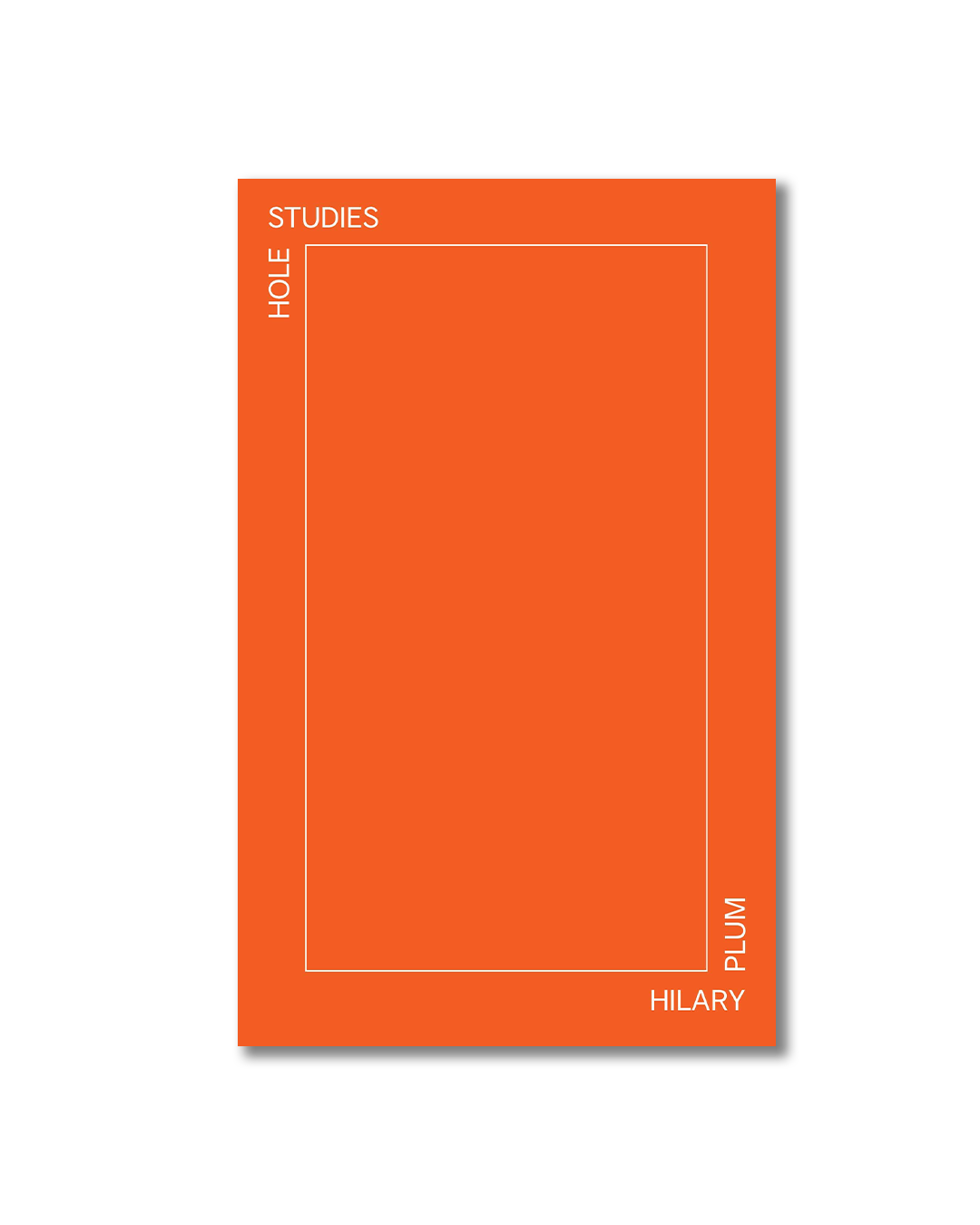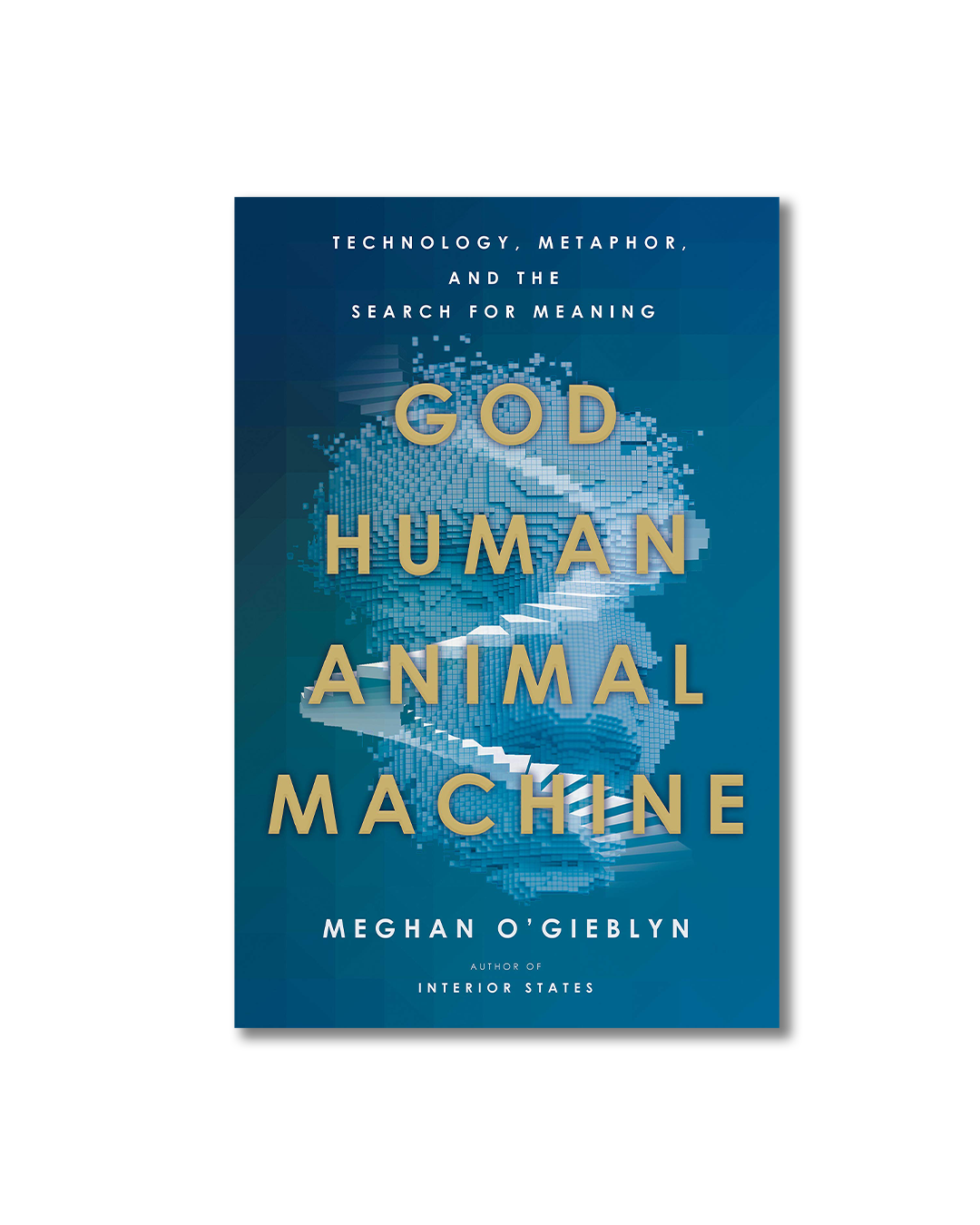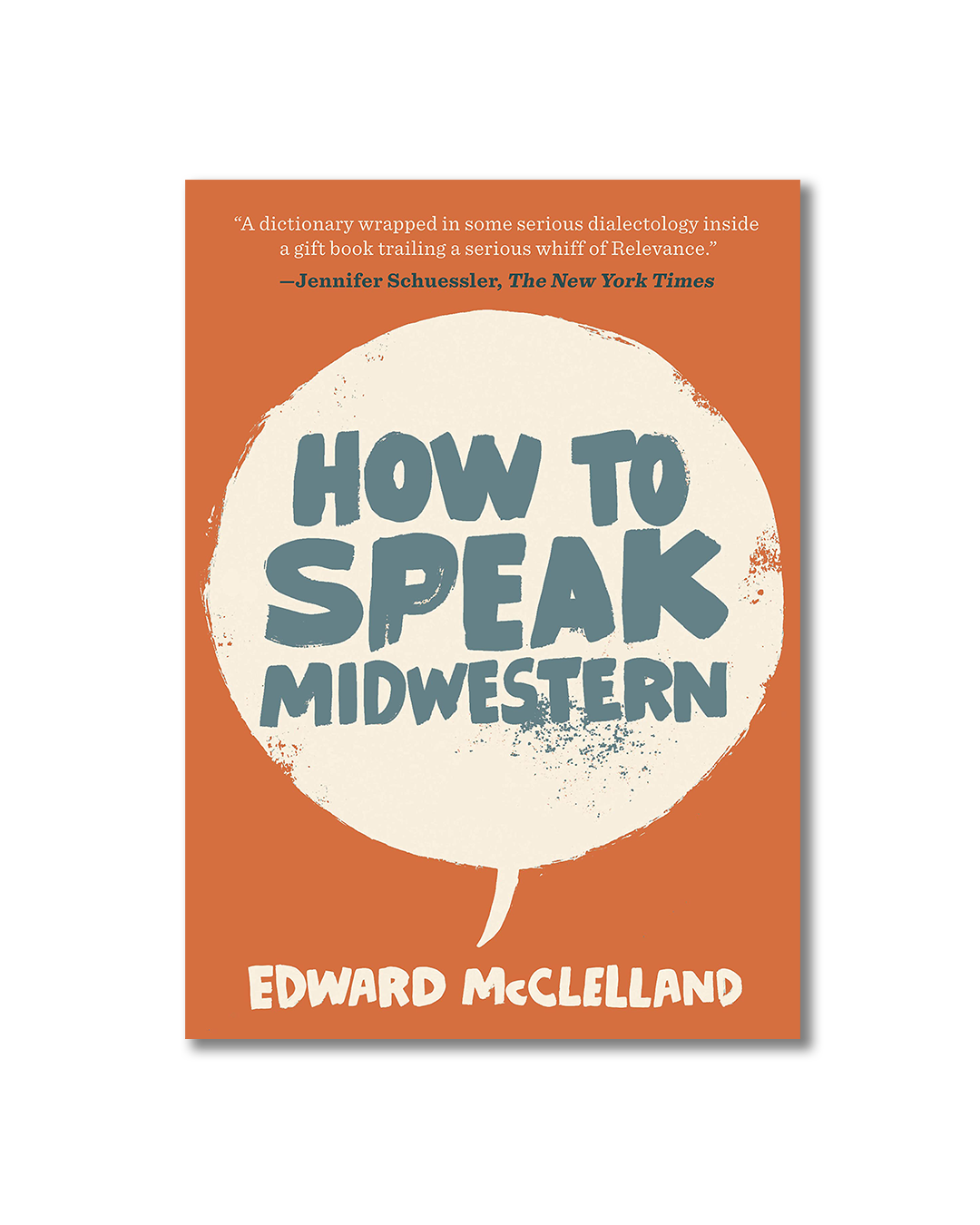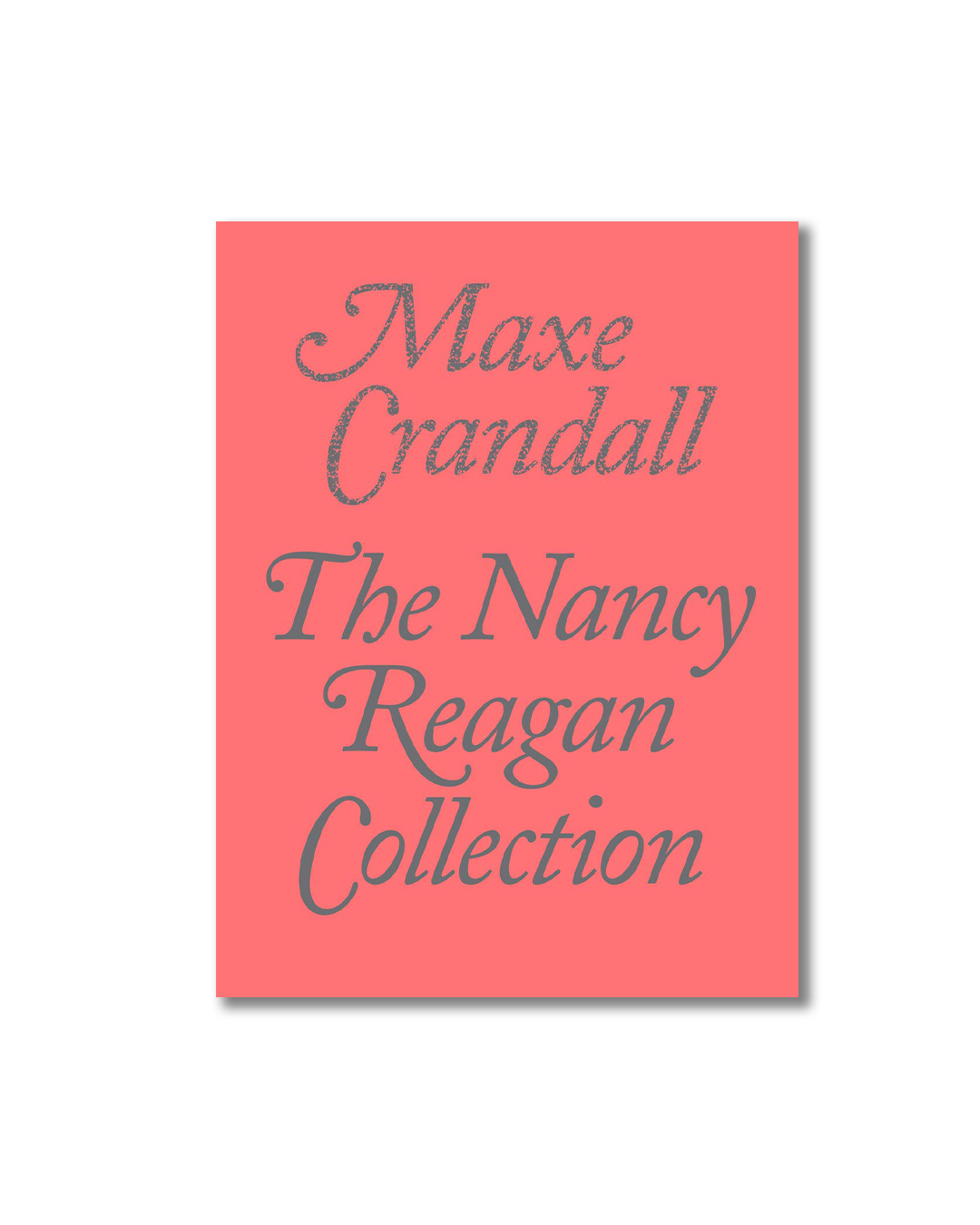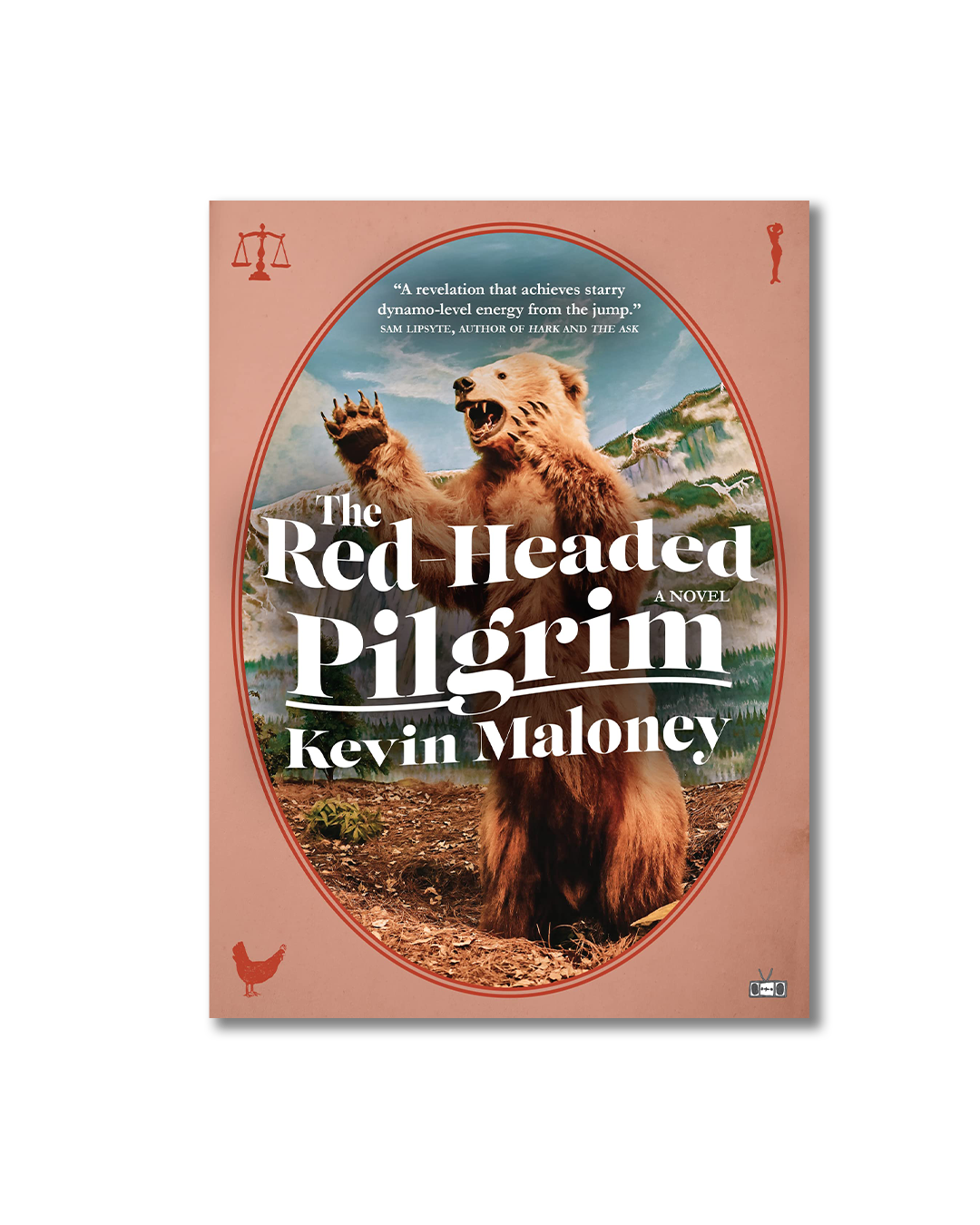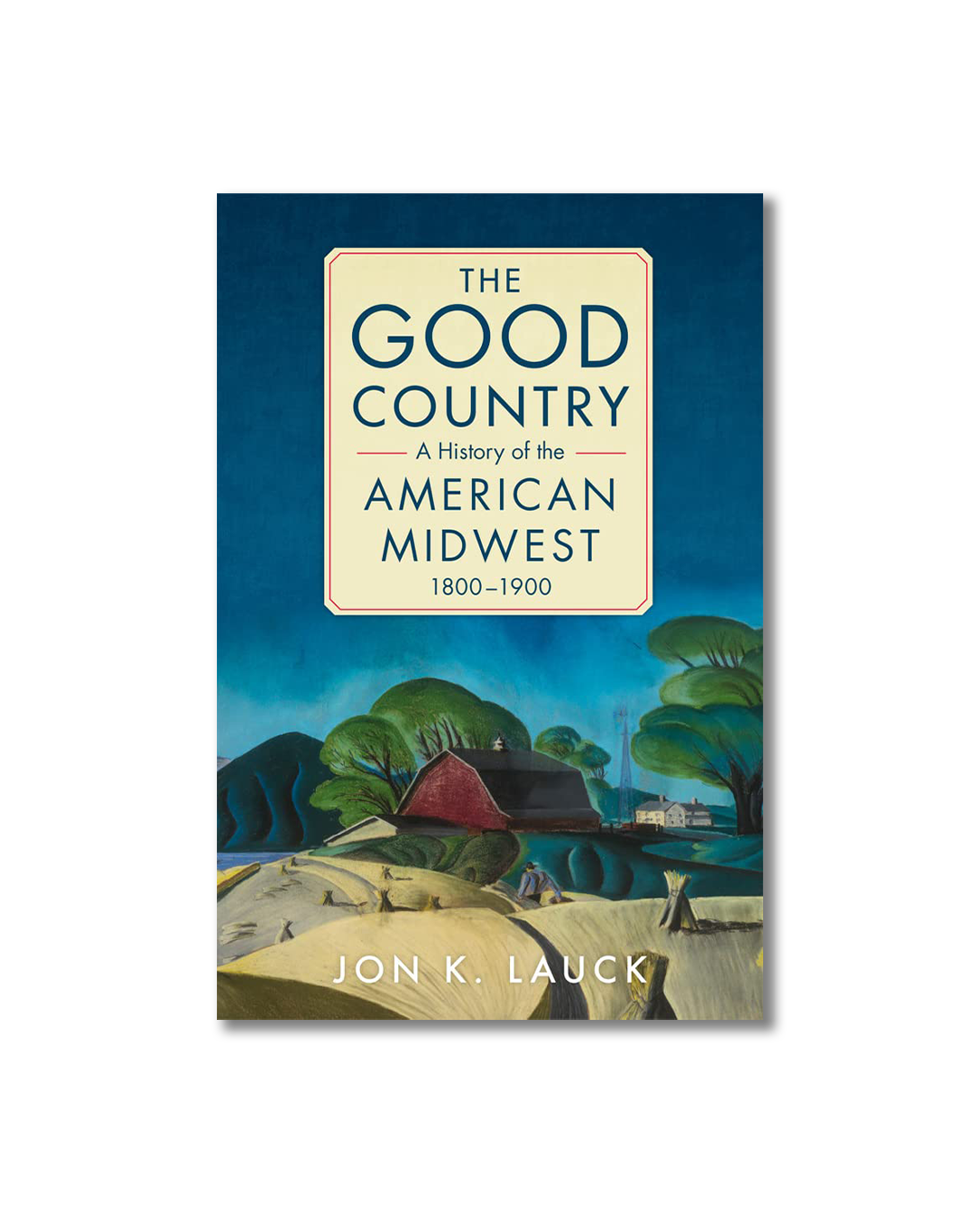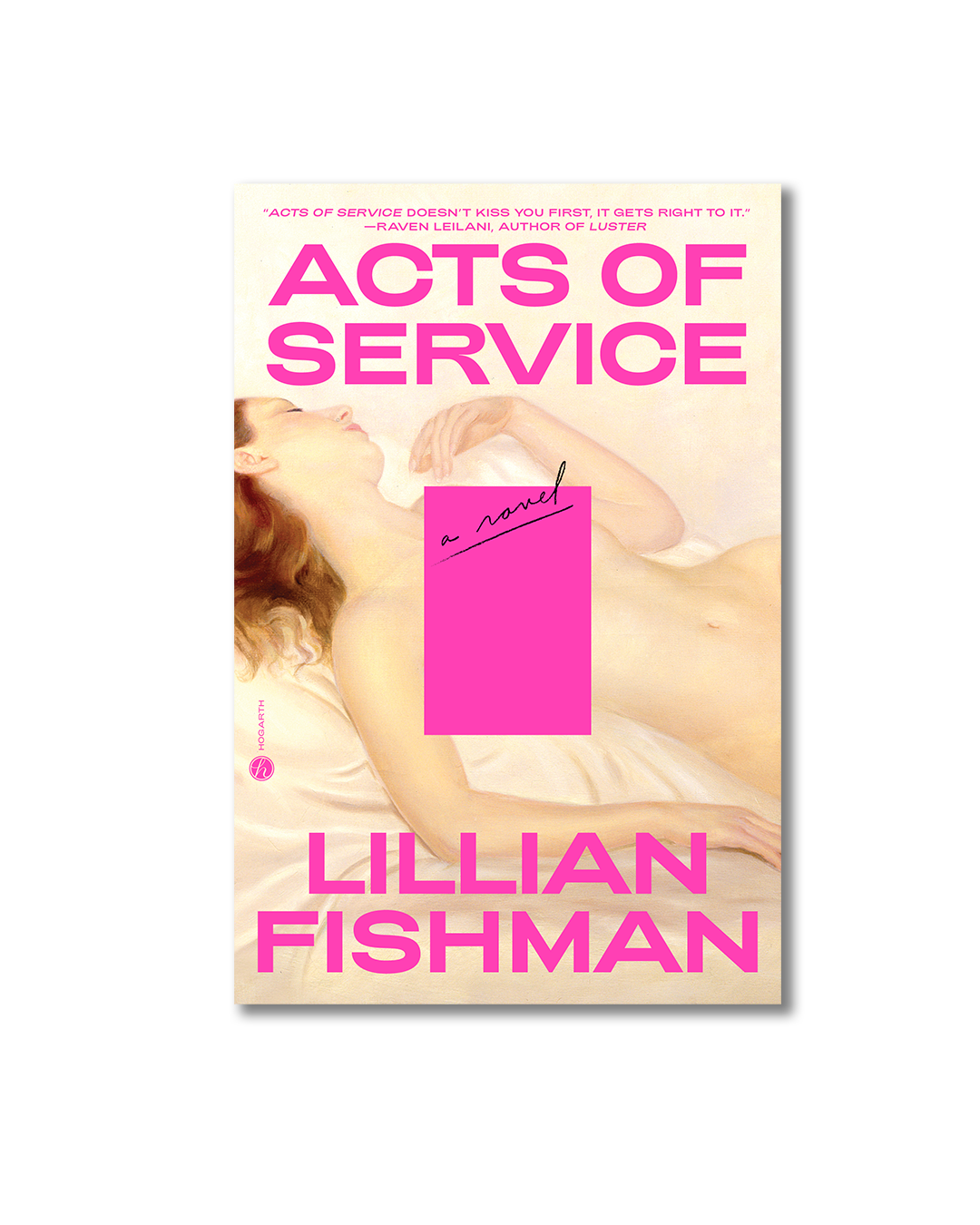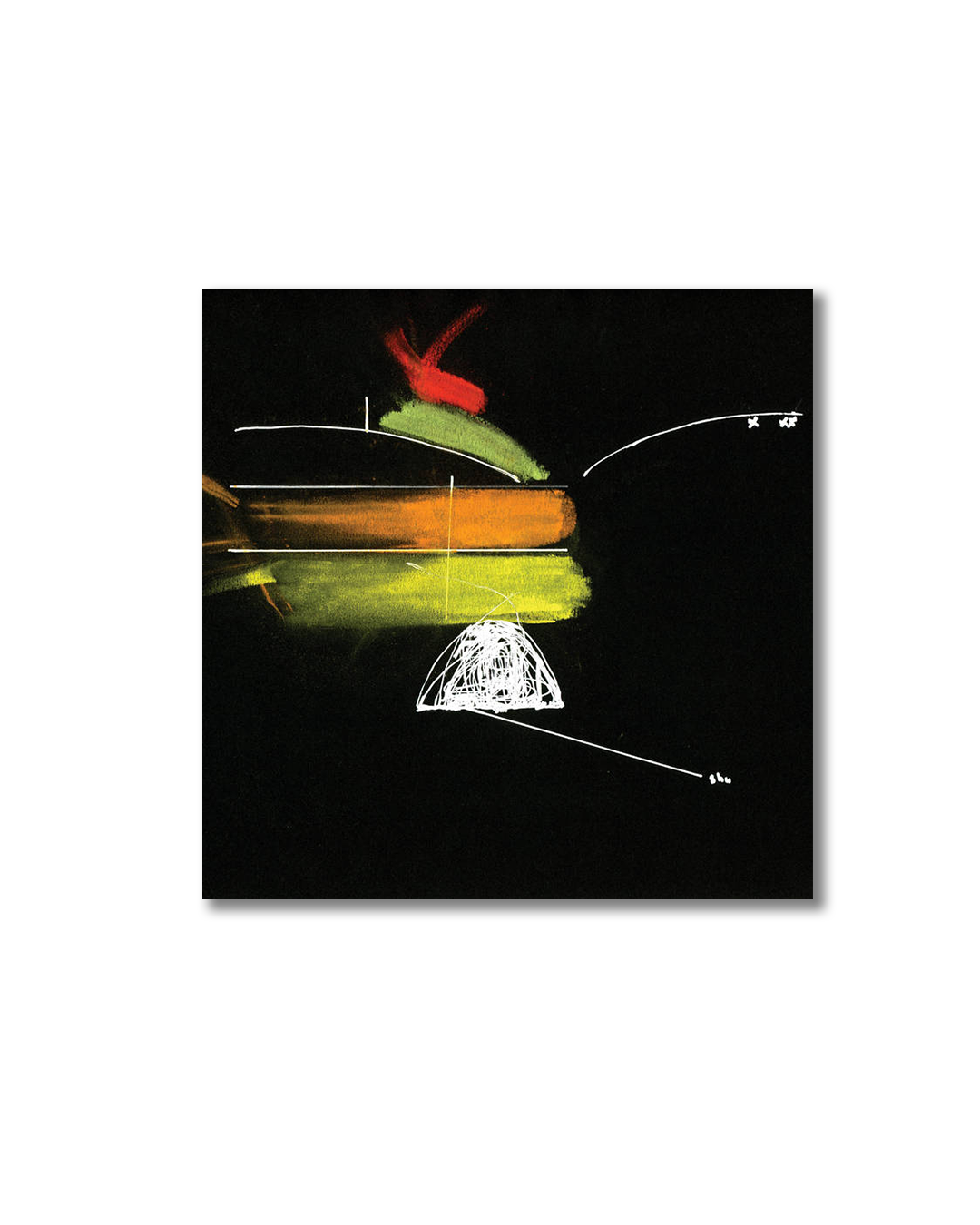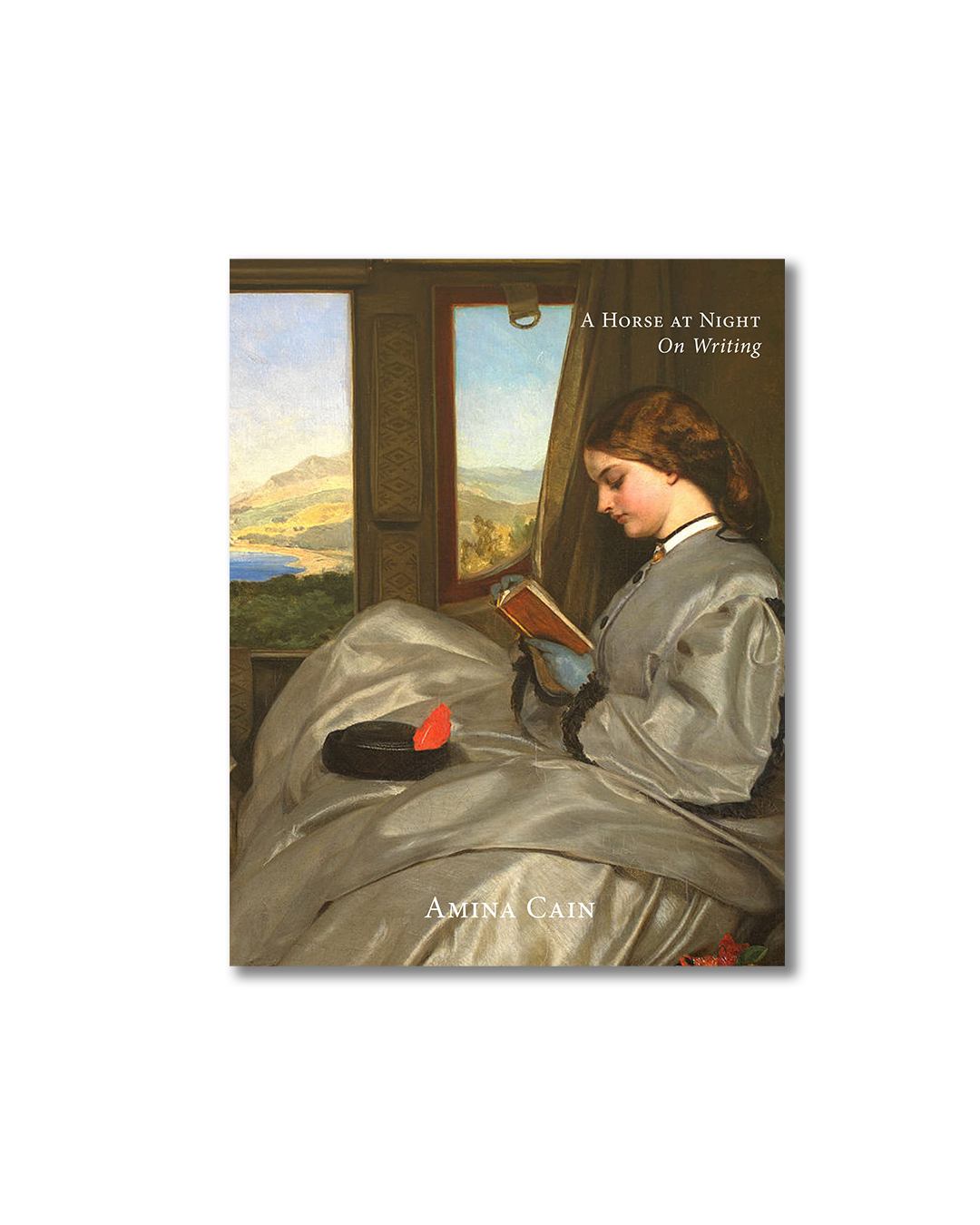Going Off-Script: On Hilary Plum’s “Hole Studies”
In so many ways, our ability to maintain our way of living relies on our ability to ignore information and tell lies to one another, and especially to ourselves. Ruptures reveal cracks in the surface of our collective agreements.
Observer Effect: On Meghan O’Gieblyn’s “God Human Animal Machine”
The earth was not at all made to someday host plants, animals, or us. Life, in its tenacity, has just scratched out a little foothold. None of this is for us. Really: None of this is for anything at all.
For Yinz and Yous: On Edward McClelland’s “How to Speak Midwestern”
How we speak is the product of historical events, movements, power, and geography. Cleveland’s proximity to steel mills and auto plants drew European immigrants; the Great Depression made the Transatlantic “wough” and “greatah” fall out of favor.
Home in this Black Hole: On Maxe Crandall’s “The Nancy Reagan Collection”
Maxe Crandall’s The Nancy Reagan Collection is “an otherworldly way… of remembering.” It is body-snatching theater and immersive obloquy. It is a multiplayer video game playing in the middle of a memorial.
The Stories We Tell About Ourselves: On CJ Hauser’s “The Crane Wife”
Your apartment is nice, but not amazing. You’re not struggling nor are you wealthy. Sometimes you regret not working harder. Other times, you regret not making more irresponsible choices. If traditionality is suffocating, living free is like treading water and trying not to sink.
Slightly Psychedelic: On Kevin Maloney’s “The Red-Headed Pilgrim”
In 1971 Pauline Kael coined the term “Acid Western,” an expression intended as a pejorative commentary on the stoner crowd that gathered for the midnight showings of Alejandro Jodorowsky’s El Topo.
Nothing But Net: On Thomas Beller’s “Lost in the Game”
But what’s most gratifying about the book is its articulation and understanding of those ambiguous feelings one may have about over-caring about basketball later in one’s life. The time it takes to get your body right. The effort to stay on the court. The sweaty laundry.
When Metaphor Dies: On Johannes Göransson’s “Summer”
To draw the lines of contagion linking each term to the others in their reticulation+circulation, uncartesian grid, would offer something like the topography of Summer. A summer map.
Brutal Empathy: On Henri Cole’s “Blizzard”
To overstate the importance of the speaker (Glück’s “private voice”) would be to neglect the community that shapes him, an ensemble of others that create the life of these poems and ultimately that of the voice which utters them.
Land of Progress: On Jon K. Lauck’s “The Good Country”
Lauck isn’t saying that everything was good back then, or making a “this was the Real America” claim. He is trying to show that the Midwest was, for all its flaws, a place where the idea of true democracy began to flourish.
Poetry Thinking: On Adrienne Raphel’s “Our Dark Academia”
If a poem thinks, a poem thinks compulsively. If a poem thinks, the poem does not accumulate ideas but impressions of a mind working toward, never quite arriving at, ideas.
Just Some Body: On Lillian Fishman’s “Acts of Service”
The more she fucks him—and really, really likes it—the more she realizes that the attention she craves is troublingly heteronormative.
Containment and Collapse: On Lucy Ives’ “Life Is Everywhere”
If the story is to be understood as an autobiographical account of Erin’s childhood, then it is one heavily reworked, fever dream-style.
Irrevocably Global: On Chad Broughton’s “Boom, Bust, Exodus”
LaPorte is not so close to Chicago as to be totally enmeshed in the Northwest Indiana urban grit, yet is not quite all the way to the rural corn fields that spread between cities like Detroit and Toledo. LaPorte, French for “The Door,” is a geopolitical focal point pinpointing the overlap of social and economic change.
The Machinery of Waiting: On Grant Maierhofer’s “The Compleat Lungfish”
You have become locked into a perpetual toil; making meaning out of this endless string of similarity becomes a matter of close reading, of overlaying the real with the symbolic and from there identifying surges of intensity.
Voice, Freedom, Anachronism: On “Moten/López/Cleaver”
I have loved Fred Moten’s voice since I first heard it, but perhaps never as much (or at least not in the same way) as when listening to Moten/López/Cleaver, a phonopoem with a world inside.
A Pasture Of Thought: On Reading Amina Cain
Cain embraces a promiscuity of references including Chantal Akerman, Elena Ferrante, and Clarice Lispector, elucidating how “things combine to become other things, other kinds of experiences” when brought into conversation with one another.
Climate Grief and Collective Trauma: On Katazyna Boni’s “Ganbare! Workshops on Dying”
A specific image unfolds in my mind when I think of the Tohoku Earthquake and subsequent tsunami on March 11, 2011, referred to in Japan simply as 3.11: thick, dark water easily pushes against the opposing flow of a river.
From Wong to Wong: On Beatrice Loftus McKenzie’s “The Wongs of Beloit, Wisconsin”
Through intimate narratives, McKenzie profiles the legacies and acculturation experiences of seven third-generation American siblings, the first Wongs to grow up in Beloit.
Exposed at a Slant: On Nuar Alsadir’s “Animal Joy”
Art—like laughter—is built on uncovering. Just as clowns, poets and artists display their True Selves in the name of craft.

